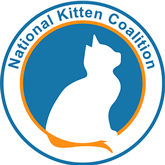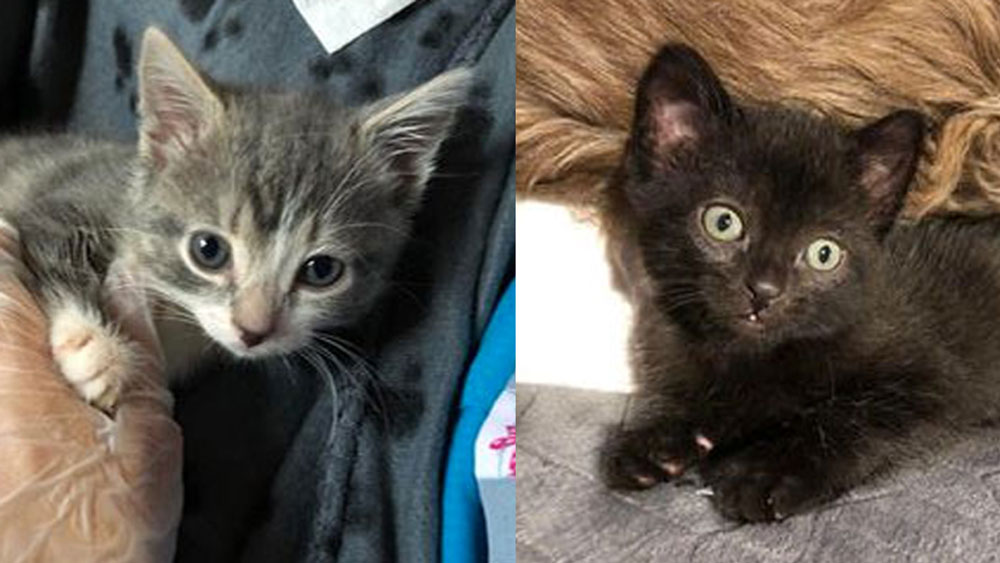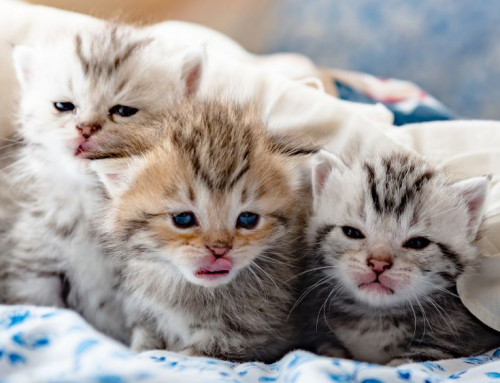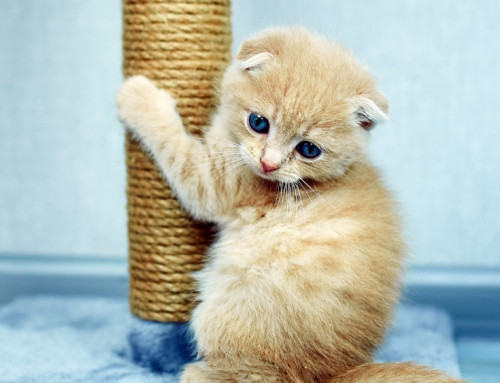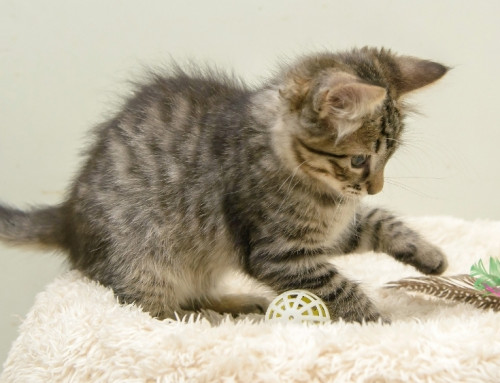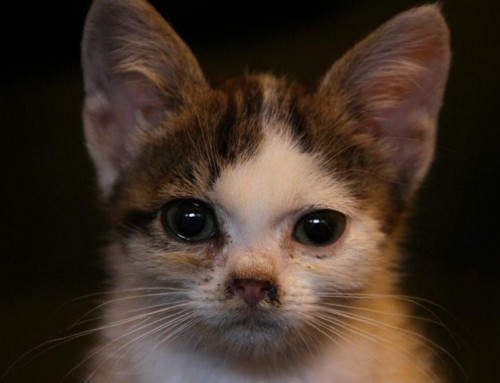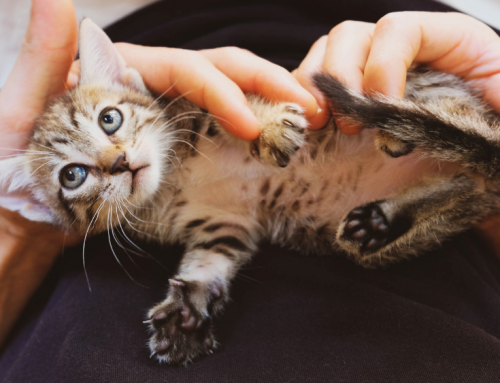Share this resource or email it to a friend!
At the beginning of March 2021, Eliska Meadows, along with other rescues, animal shelters and veterinary clinics, was advised that the deadly Feline Panleukopenia Virus (FPV) was on the rise in Ontario, Canada, and veterinary clinics were advising caution to all rescues and shelters. Almost all rescues and shelter in Ontario this year were affected.
FPV, caused by the feline parvovirus, is a highly contagious cat disease that severely affects kittens. The likelihood of recovery from FPV is very poor for infected kittens less than eight weeks old. Eliska is the founder of Mumma’s Here Now Neonatal Rescue, located in Elgin, Ontario. Here is Eliska’s story:
Our rescue would have normally vaccinated for FPV between 6 to 8 weeks old. However, after attending multiple webinars by The National Kitten Coalition (NKC), we received critical information about FPV vaccinations that would change the protocols in our rescue.
One of the webinars presented earlier this year that changed our lives forever was the NKC’s Dealing with the Curveballs of running a neonatal kitten nursery. The information NKC provided to those taking the webinar is the main reason why we have two Panleuk survivors today.
All four three-and-a-half-week-old babies, who came in at the same time, were put on a strict two-week quarantine upon arrival. We vaccinated at 5 weeks old, per the NKC ‘s information provided earlier in the year.
Exactly one day before they were due to be finished with their quarantine, the smallest of the four became extremely ill and, sadly, we lost her within 36 hours. Recognizing the symptoms, we rushed the remaining 3 to the veterinarian for FPV testing.
Horrified we got the news that no rescue ever wants to hear. Our orphans were in fact positive with FPV.
With our veterinarian’s support, the kittens were immediately put on a strict and intensive treatment plan. About three days later, we lost the second smallest despite all of our best efforts.
Our two remaining boys (O’Henry and Snickers) were still showing no signs of the virus despite their siblings’ passings. Our veterinarian and rescue team agreed that the vaccination that we had given at 5 weeks old had given them that fighting chance. This would not have been the case had I not attended that webinar by the NKC. Without that crucial information, we wouldn’t have them here with us today. It was an extremely stressful and difficult battle, but we felt they each deserved a chance.
The new FPV vaccination protocol I learned about from the NKC also kept more than ten of our other kittens safe and healthy despite having this virus in our small rescue. We can’t express how thankful we are for the information the NKC continues to provide through these crucial webinars.
We were also so thankful for the multiple other kitten rescues that stepped up to help with supplies, support and advice. A huge part of our success was all of us working together. So a huge thank you to the Ottawa Kitten Rescue and Un chat à la fois / One cat at a time who helped us greatly.
We are so grateful for everything we have learned and so happy to have our boys and to know to be alert for future kittens. The vaccinations and treatments made a world of difference for these two little ones. This experience has given us a whole new respect as to how hard these little babies can fight through thick and thin. Snickers and O’Henry are doing great. A fight like that will make their future adoptions all the sweeter.
Both boys were negative at their follow-up test, and both boys are eating on their own and off treatments at this point. They are thriving and getting into trouble like any normal kittens would.
I feel confident in saying they’re through this. However, we are still being extremely cautious as FPV can still be shed from their bodies for up to six weeks. But everyone in the rescue is doing incredibly well.
All of us need to stay up to date and stay educated. So thank you to the NKC for the essential work you do.
